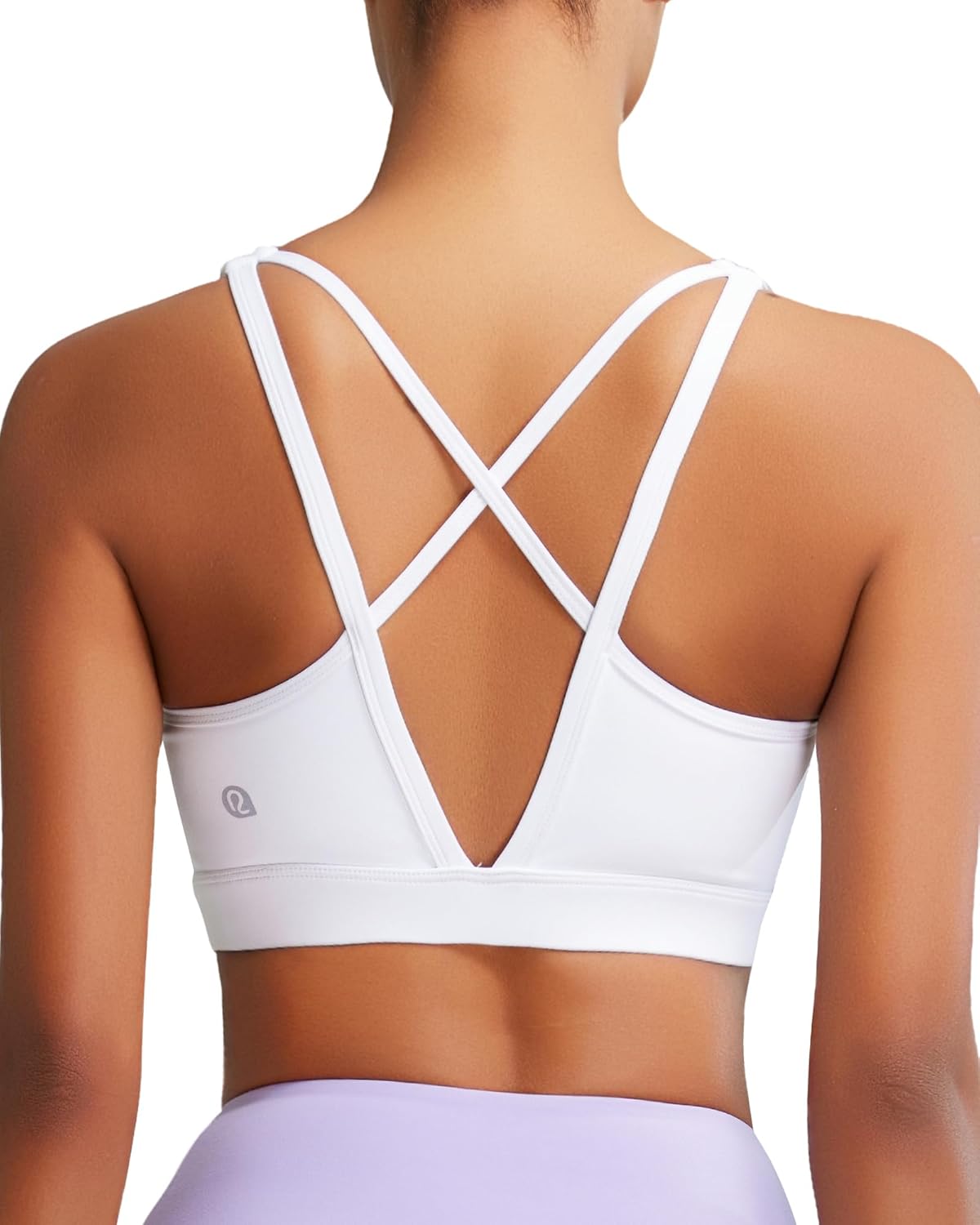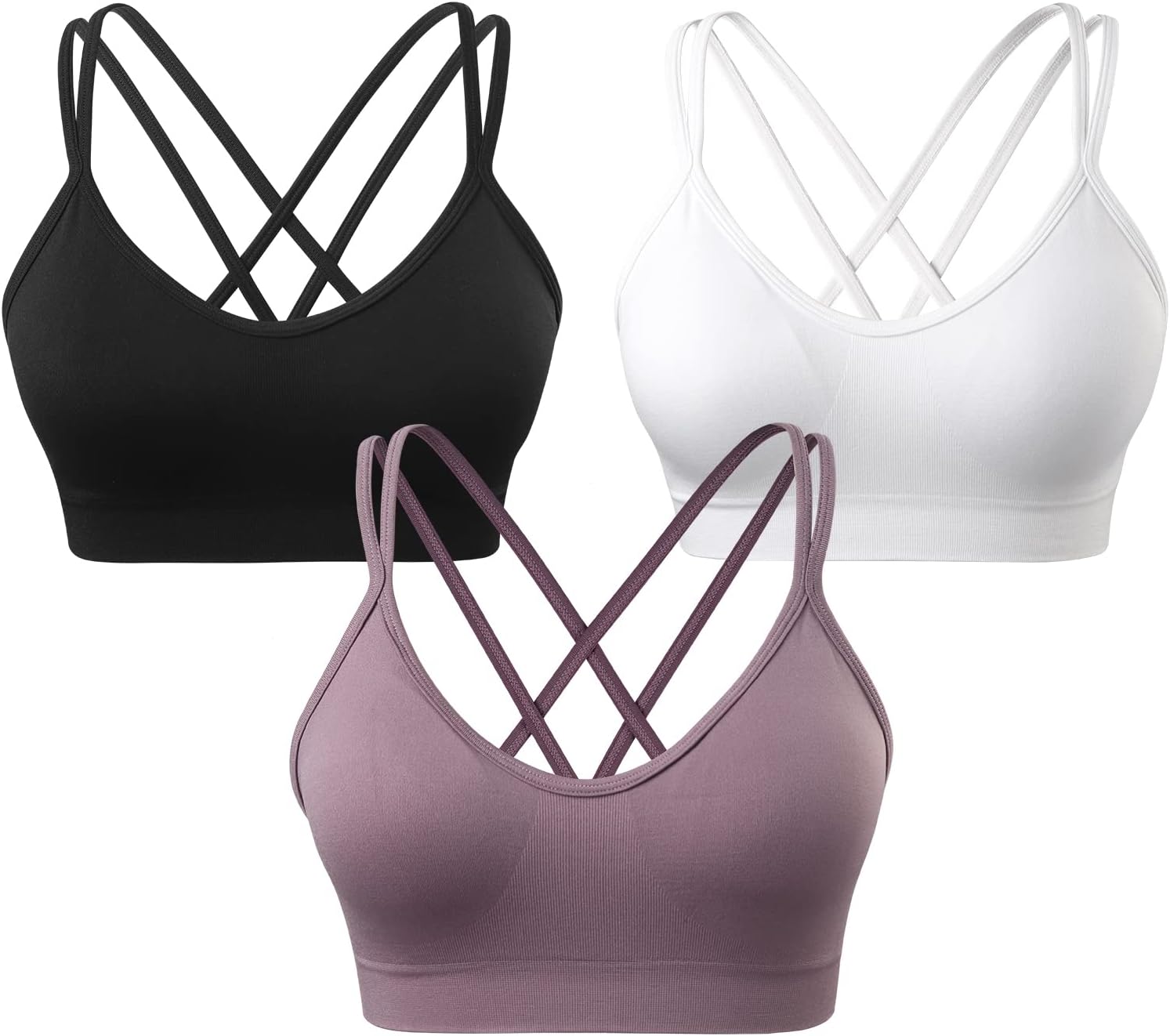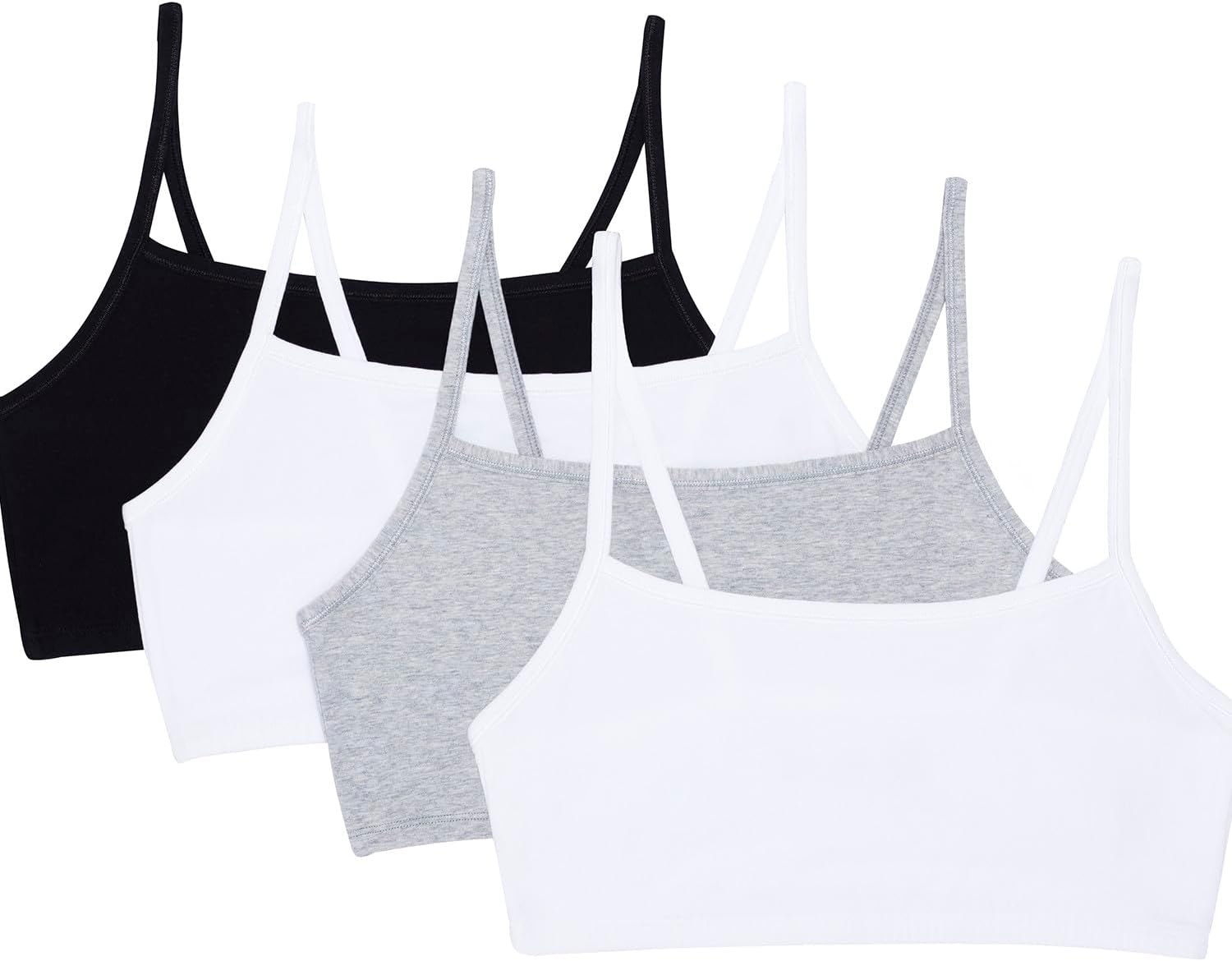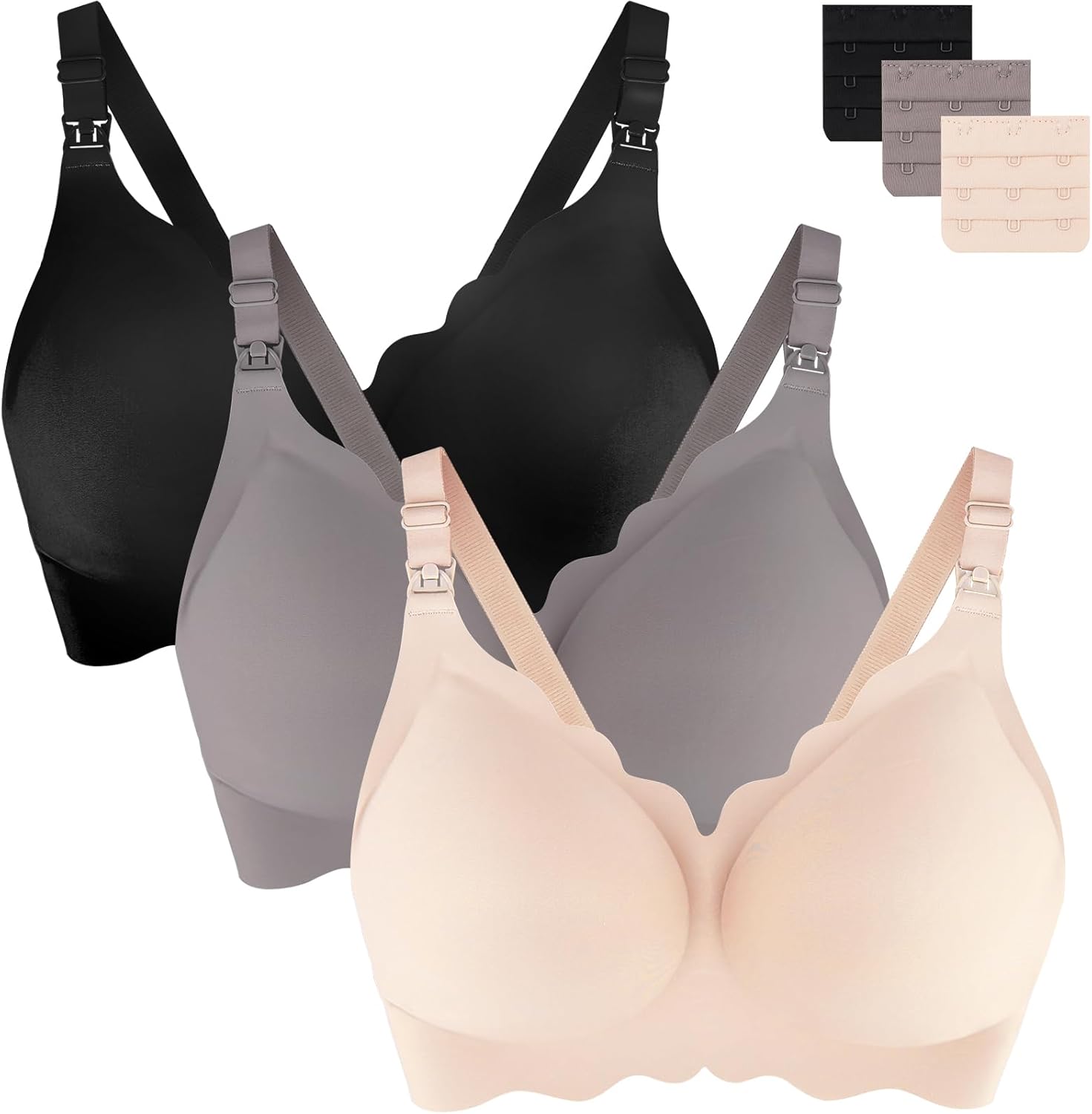The Evidence Behind Breast Health Supplements: What Works and What Doesn't
The supplement market offers numerous products claiming to support breast health, but scientific evidence varies widely. This article examines the research behind common breast health supplements to help women make informed decisions.
Understanding Supplement Regulation
Before examining specific supplements, it's important to understand that unlike pharmaceuticals, supplements aren't required to demonstrate efficacy before reaching market. The FDA regulates supplements as foods, not drugs, meaning manufacturers don't need to prove their products work as advertised before selling them.
Supplements with Some Scientific Support
Vitamin D
The Evidence: Several observational studies and meta-analyses suggest an association between adequate vitamin D levels and reduced breast cancer risk. A 2018 meta-analysis published in PLOS ONE found that women with higher vitamin D levels had a 21% lower risk of breast cancer compared to those with lower levels.
Scientific Context: While association doesn't prove causation, clinical trials exploring this relationship are ongoing. The vitamin's role in immune function and cell growth regulation provides biological plausibility for its potential protective effects.
Recommendation: Rather than supplements, getting vitamin D through reasonable sun exposure and diet is preferable for most women. Testing for deficiency can help determine if supplementation is necessary.
Omega-3 Fatty Acids
The Evidence: Research suggests that omega-3s may help reduce inflammation and potentially decrease breast cancer risk. A study in Cancer Epidemiology, Biomarkers & Prevention found that women with higher intake of marine omega-3s had a lower risk of certain breast cancer subtypes.
Scientific Context: The anti-inflammatory effects of omega-3s are well-documented, but direct evidence for breast cancer prevention is still evolving.
Recommendation: Consuming fatty fish (salmon, mackerel) twice weekly provides omega-3s naturally. Supplements may be considered for those who don't eat fish regularly.
Supplements with Limited or Mixed Evidence
Flaxseed
The Evidence: Flaxseed contains lignans (phytoestrogens) and has shown some potential in limited studies to influence estrogen metabolism. Small clinical trials have demonstrated modest effects on breast cell proliferation.
Scientific Context: While laboratory and animal studies show promise, human research remains limited with mixed results.
Recommendation: Incorporating ground flaxseed into the diet is reasonable and nutritious, but expectations for significant breast health benefits should be modest.
Green Tea Extract
The Evidence: Observational studies suggest associations between green tea consumption and reduced breast cancer risk in some Asian populations. Laboratory studies indicate that compounds in green tea may influence cancer cell growth.
Scientific Context: The evidence is stronger for regular tea consumption than for supplements, and benefits may be population-specific.
Recommendation: Drinking green tea is generally safe and may provide antioxidant benefits, but high-dose supplements aren't strongly supported by current evidence.
Supplements with Insufficient Evidence
"Breast Enhancement" Herbal Blends
The Evidence: Despite marketing claims, there is virtually no scientific evidence that herbal supplements can significantly alter breast size or shape. Products containing herbs like fenugreek, saw palmetto, wild yam, or dong quai lack credible clinical trials demonstrating effectiveness for breast enhancement.
Scientific Context: Breast size is primarily determined by genetics, overall body composition, and hormonal factors. No supplement has been scientifically shown to selectively increase breast tissue volume.
Recommendation: Approach such products with skepticism, as their claims typically exceed available evidence.
"Breast Detox" Formulas
The Evidence: Products claiming to "detoxify" breast tissue lack scientific support. The body has sophisticated detoxification systems (primarily the liver and kidneys), and no supplement has been shown to enhance removal of toxins specifically from breast tissue.
Scientific Context: The concept of breast-specific "detoxification" isn't recognized in medical science.
Recommendation: Rather than supplements, supporting overall liver health through a balanced diet rich in cruciferous vegetables and adequate hydration represents a more evidence-based approach.
Safety Considerations
Some breast health supplements warrant particular caution:
Phytoestrogen Supplements
High-dose isoflavone or black cohosh supplements may act as endocrine disruptors in some contexts. Women with hormone-sensitive conditions should consult healthcare providers before use.
Proprietary Blends
Many breast health supplements contain proprietary blends with undisclosed amounts of ingredients, making safety and efficacy evaluation difficult.
Drug Interactions
Several supplements, including St. John's wort and evening primrose oil, can interact with medications including hormonal therapies and blood thinners.
Making Informed Decisions
When considering breast health supplements:
- Consult healthcare providers, especially for women with existing breast conditions or cancer history
- Research ingredients through reputable sources like the National Institutes of Health's Office of Dietary Supplements
- Look for quality certifications from organizations like USP, NSF, or ConsumerLab
- Consider evidence hierarchy – large clinical trials provide stronger evidence than laboratory studies or testimonials
- Maintain realistic expectations about what supplements can reasonably accomplish
Remember that lifestyle factors with strong evidence—including physical activity, maintaining healthy weight, limiting alcohol, and consuming a plant-forward diet—remain the most reliable approaches to supporting breast health.




